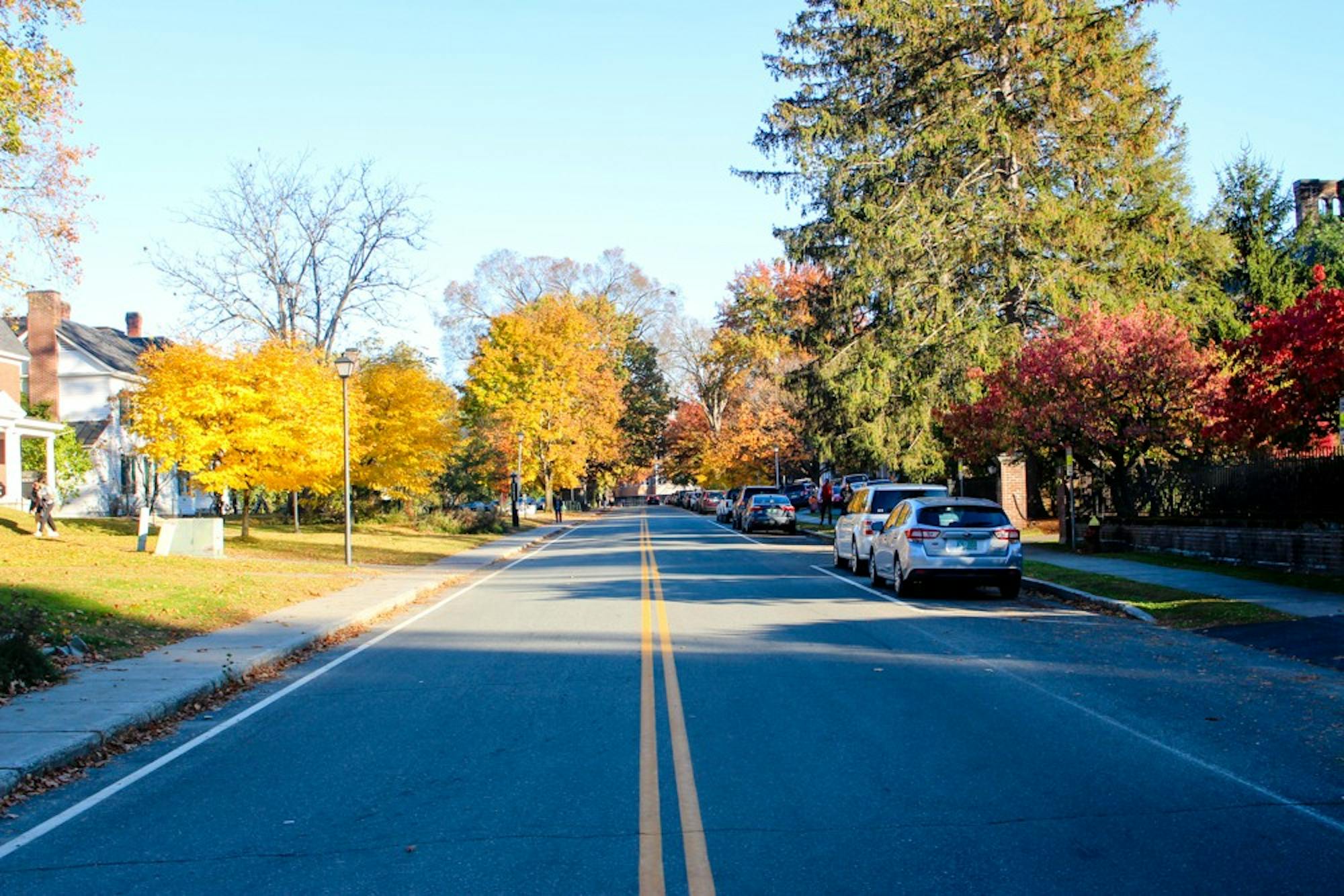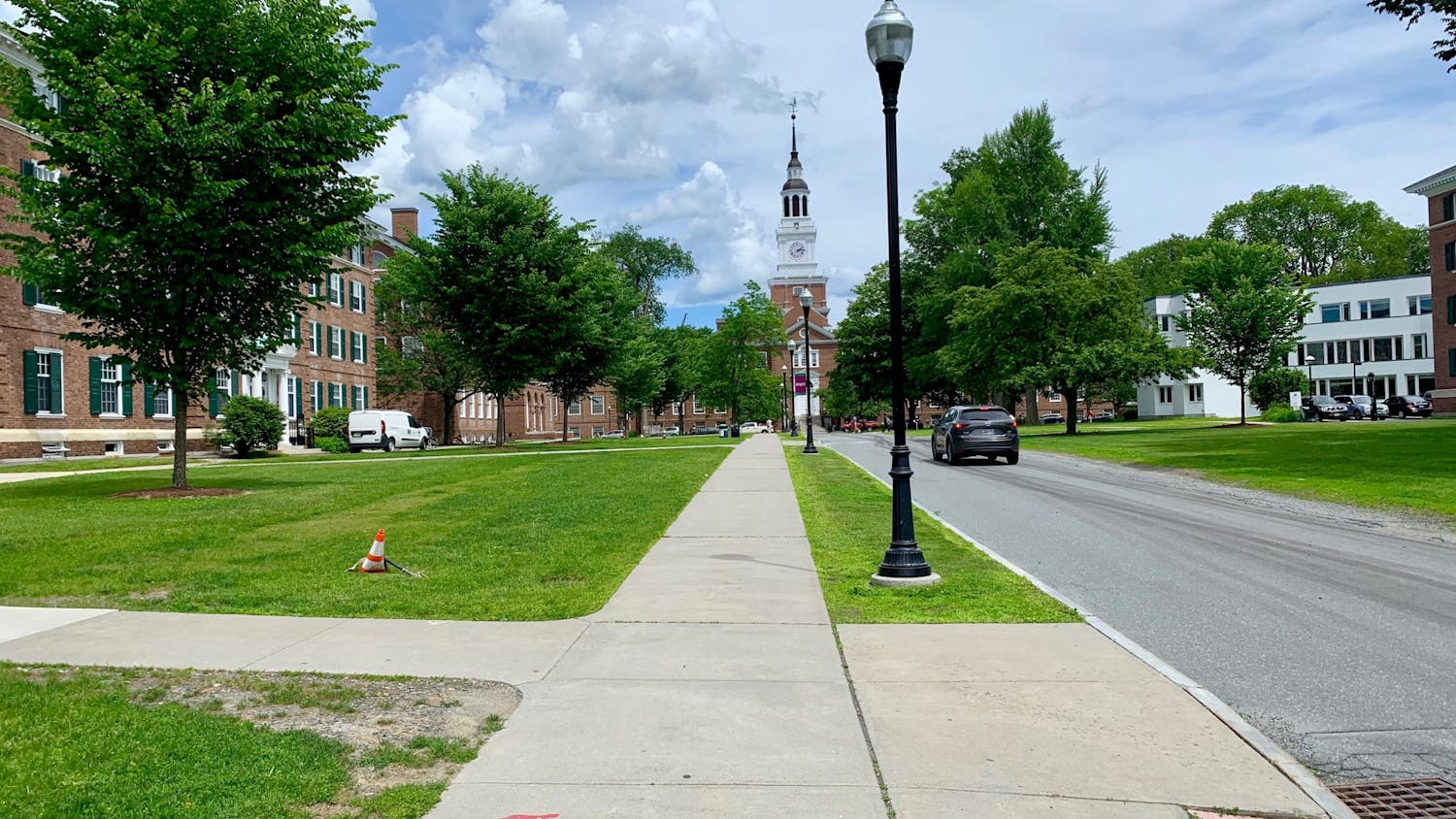Freshman fall is a strange time socially. Everything about high school was structured — you followed a rigid class schedule and knew who to sit with at lunch every day. But college throws you out into the world on your own. No one is there to wake you up in the morning, to double check your outfit before you head out the door or to remind you that you should probably eat something before 6 p.m. The transition can be overwhelming.
In the COVID-19 era, freshmen must navigate not only this new way of life, but also a whole new set of rules and regulations governing what is and isn’t allowed. The punishment for breaking these rules? Being sent home for the entire year.
With the stakes this high, what is a freshman to do? For the first two weeks, students on campus were expected to quarantine in their rooms, with limited ability to interact with others. Even after quarantine, gatherings are capped at nine people and are permitted only with masks and social distancing.
Even amid unconfirmed rumors of students getting kicked off campus for COVID-19 violations, many new freshmen inevitably gravitate toward social gatherings. All of the ’24s who I spoke to agreed that they feel a pressure to continually be making friends during their first term of college — especially given that with the College’s restricted enrollment plans, they won’t see those new friends again until the spring.
“Freshman fall relationships are about not being lonely,” Julian George ’24 said. “That’s the thing with Dartmouth. You have to be a social person.”
Because of the pandemic, freshmen have fewer opportunities to make friends in common social settings, like club meetings and parties. As a result, George finds that the COVID-19 restrictions benefit the sort of person who is willing to go up to anyone and ask to hang out.
“That’s pretty much the only way you can make friends in the COVID era,” he said.
Eve Wening ’24 agrees that there is a certain anxiety that characterizes freshman fall, particularly at a school like Dartmouth, and that anxiety forces students to be outgoing.
“The same kind of energy that gets a kid into an Ivy League school — not settling for anything, being the best version of yourself, looking ahead to the future — is applied to social groups,” Wening said. “People put pressure on themselves to figure everything out as soon as possible, to be assertive about getting the things that they want.”
According to Wening, this pressure leads freshmen to pursue social interactions in a way that feels almost “transactional.”
“Everyone wants to create these gatherings, and even when it’s not allowed people are trying to do that. I’ve seen a lot of people try to make these gatherings happen in a not always natural way,” Wening said.
Even if extroverts find it easier to form social groups, all freshmen face the potential consequences of violating COVID-19 restrictions. Facing the urge to make friends fast, many ’24s feel like they must choose between following College rules and socializing in groups.
But the ’24s are not the first class to experience this kind of tension. In a typical year, the “frat ban” prohibits freshmen from entering Greek houses (except during alcohol-free, Dartmouth-sanctioned events) from their first week until Homecoming weekend, or the sixth week of fall term, whichever comes later. Just as freshmen now have to socialize in non-Greek spaces, freshmen in other years hosted parties in their dorm rooms during those first weeks.
Max Gomez ’19 came to Dartmouth in 2015, when the ban was relatively new. He remembers those days clearly.
“Because we weren’t allowed to go to parties with upperclassmen, the frat ban forced us to become very close with our freshman floors and everyone in our class,” Gomez said.
By the end of six weeks of dorm parties, Gomez said that many freshmen wanted to enter fraternities and experience what is often considered the heart of social life at Dartmouth. Additionally, many itched to escape the watchful eye of undergraduate advisors, who sometimes break up dorm parties. To Gomez, Greek houses seemed like a “buffer” between students and the disciplinary consequences of drinking and other activities.
In other words, the end of the frat ban usually provides a sense of release for many freshmen. When Greek houses become accessible, freshmen no longer have to create their own social scenes, and they can stop worrying about surveillance.
This year, however, freshmen cannot look forward to that transition. Instead, they feel like their social life will be indefinitely restricted by COVID-19 regulations. To some, forcing friendships and breaking social distancing rules may seem like the only ways to feel included.
“No matter what, in this kind of period there is a pressure to socialize and interact in ways that you aren’t allowed to,” Wening said.
Easing our way into college with greater uncertainty and more restrictions than ever, ’24s can feel desperate to define our social life. Rather than trying to recreate a “normal” college experience, though, we need to adjust our expectations to the reality of this term and take comfort in knowing that we are all here together, building a community that will strengthen over time. After all, it has never been the warm beers or cramming into a 10-by-10 foot dorm room that made freshman fall fun.




